A Love Story
Bernardo Carvalho
translated by Max Seawright
1.
He haggles over fish at the wharf. He’s done it since before his tenth birthday. His mother makes him. It’s no accident he grows up not liking anything about business or commerce. Day after day he plays a part in the same scene. Mother and son walk down a dusty road next to the river, wearing jellabiyas and simple shoes. She’s dressed in black from head to toe and walks like she’s headed nowhere in particular on a sunny Sunday. He’s so small and so resistant that, despite his stained jellabiya dragging on the ground, he looks like he must be dressed for a special occasion. She rests her elbow on the railing at the top of the stairs that connect the road to the river. She waits, apathetic, for the fisherman to climb the stairs with plastic bags in their hands. The boy looks around, at the road, at the city. He avoids eye contact with the tourists arriving on boats. They’re the only witnesses to his humiliation. The locals don’t notice a boy who doesn’t want to be there, who doesn’t have a choice. The boy understood he didn’t have a choice even before his father died, when his father couldn’t get out of bed. The local men won’t demean themselves by talking to a woman, and someone needed to bring food back to the house. While he waits with his mother at the top of the stairs, the boy dreams of the day he’ll go down the river to Cairo, like his brother, and never come back.
Three men start up the stairs, pretending they don’t notice the woman at the top, dressed in black, leaning on the railing. Each man carries a small plastic bag. She watches them. When they reach the top, without saying word, without so much as a glance, one fisherman leaves a plastic bag at her feet. He goes to wait with the other two on the opposite side of the stairs. He talks, his back to the woman, still acting like he hasn’t seen her. She opens the bag, examines the fish inside, tries to say something from across the stairs. The man talks to the other two, pretending he hasn’t heard her. It’s a sign. Her offer is too low. She insists, says something louder, that the fish won’t do, something to justify her offer. In the end the only effort the man makes is a rude one, threatening to take back the bag and leave. It’s always like this. She doesn’t dare go near them. Even though it’s a normal enough scene according to local custom, the boy feels humiliated. He’s on the wrong side of the stairs, with his mother, not with the men. But it’s the looks the tourists give him that are truly humiliating. It won’t be like this when he grows up and goes to Cairo.
When his mother and the fisherman finally reach a deal, it’s time for the boy to perform his role. She gives him the money and a push. He goes to the opposite railing begrudgingly, where the men are, and gives one of them the money. The boy waits for change. It never comes right away. The man patronizes the boy, patting his head. The mother’s reaction from the other side, her saying something that wipes the grin from the fisherman’s face, finally makes him give the change to the boy. Then the boy goes back to his mother, back home, with a bag of fish. The men retreat, counting the money and laughing.
This scene replays with minor changes until the day, at fifteen years old, the boy goes with his uncle to visit his older brother, who is imprisoned in Cairo. It’s his first time in the big city. He’s ecstatic despite the reason for the trip. The uncle usually goes alone. At home no one talks about the brother in prison. The mother cried about it for two years, then stopped and never brought it up again. When the father died, the uncle became the head of his brother’s family. His small fabric store has helped pay the bills since the older brother went to prison and stopped sending money. Now that the boy is fifteen, it’s time for him to visit his brother.
The boy is impressed. The prison itself doesn’t match what he imagined the city would be like. He thinks the prison, in its own way, is much worse than a clay Nubian house on the outskirts of the desert. The brother is ill. He has bruises and cuts all over his body. The guards tell the uncle that the injuries are from a fight that happened a month ago, that his oldest nephew barely escaped, that he’s lucky to be alive. They talk about death, but the boy doesn’t understand what they mean. The brother is still in prison. He doesn’t know what luck and death have to do with prison. The older brother doesn’t say a word, but as soon as the guards are distracted, he asks his uncle to take his younger brother to someone’s house and tells him the address. He says it so quietly and so close to his uncle’s ear that the boy can’t hear a thing.
When they leave the prison the uncle takes the boy through a web of streets to the center of the city. He asks the boy to stay put, to wait, to not take one step from a chaotic intersection filled with street merchants and the commerce he dislikes so much. The uncle tells the boy to avoid temptation. He says he won’t be long. He has an appointment nearby. He doesn’t say where the appointment is or what it’s about. He wants to see the place where the older brother asked him to leave the boy.
Waiting in the street, the boy hears music and quickly forgets his uncle’s inctructions. He moves closer to the sound, curious, noticing a strange commotion inside an old building with mashrabiya coverings on its windows. He goes in. On the patio inside a group of men dressed in white are whirling, endlessly, to the sound of hipnotizing music. He doesn’t understand what they’re doing, but he doesn’t need to. The five men spin and spin, in a phrenetic cadence. They’re synced with four musicians, hidden in the shade, whose rhythm speeds toward an explosion that never arrives. The boy doesn’t move to the sound of the hypnotizing music, his eyes are glued to the circle of men. He wants to dance, but can’t move his feet. He can’t define what he feels. It’s more than his own will. It’s something that sooner or later he won’t be able to resist. He’ll have to dance, like the men; dance until he falls to the ground. The men whirl, each in their own orbit, like planets. The boy hasn’t experienced anything like it, but he can imagine it, like it were always inside him, waiting for a chance to come out. All of the sudden the cadence cools and the men slow their spinning. It’s in this moment that one of them unexpectedly grabs the hand of the man next to him and kisses him on the mouth. The others continue in the their orbits, more slowly than before, indifferent to what’s happening around them. Their eyes are closed, but the boy’s are wide open. The two men step away from each other and re-enter slow, closed-eye orbits as if nothing happened. The boy doesn’t know what he’s seen, what to think. He stays there, still, until he’s lifted from his lethargic state by a violent tug at the shoulder from his uncle. The uncle asks what the boy’s doing there, why he didn’t wait where they’d agreed. The boy doesn’t know what to say. He could simply state that he heard the music and wanted to see, which was true, but it all scared him as if he’d been caught red handed for a crime he hadn’t yet committed. He doesn’t know why he’s so embarrassed, while his uncle yells at him and forcefully pulls him away, until he notices the group of tourists giving him the same look he always got at the wharf, haggling over fish with his mother.
2.
When he turned fifteen he was given a collection of Cavafy’s poetry and he never stopped dreaming of the sea, of men, of the East. He wanted to see the “beautiful bodies of those who died before growing old.” It was the same book his father later ripped from his hands after he said he still hadn’t decided between history and archeology (but that he certainly wouldn’t go into medicine, the family profession, like his father, brothers, uncles and cousins). Months later, strained by financial trouble, his father would throw the same book against the wall, yelling that it’d be just his luck if his son were a fairy.
When he turned eighteen his mother paid for a trip to Alexandria, so he could see the places where the poet lived and loved. A man who suffered internal cataclysms without some external event, pouring them into extraordinary poetry: “New Lands you will not find, you will not find other seas. The city will follow you …” Even though the boy lived in and loved Rio de Janeiro, thousands of miles away, under different stars, on another sea, he wanted to know the places his poet loved, where he lived. At night, thinking of Cavafy in Alexandria, he walked around Rio looking for young men. When he found them and started talking about the poet, reciting lines, they soon left him with his poems. The only thing to do was continue spinning around the city, alone, to the hypnotizing sound of little infernos. His city could follow him wherever he went, he wouldn’t mind, but in new lands and on other seas he hoped to at least find someone to seduce with poetry.
3.
After his uncle took him to Cairo he never saw his house, his mother or the fish again. Following his oldest nephew’s instructions, the uncle left boy in a home that would see to his education. In all the years the boy studied the words of the prophet he secretly searched the streets and alleys, in vain, for men dressed in white, whirling to the hypnotic music he heard the first day he arrived in the city. He could’ve asked someone on the street. He didn’t dare. He worried that God might hear, and that news of his interest in whirling men dressed in white might somehow reach the prison and his brother’s ears. Once, betrayed by his own loneliness, he confided his desires to a friend from school. His confession soon made its way to the prison, as he’d imagined. During visiting hours the next week, the older brother looked on the boy with eyes filled with fire. He spoke to the boy of temptations, of the devil and of foreign jinn, exhorting his younger brother to pray.
And he did. He prayed endlessly for years. Until the day he went into that hotel, at five on a Sunday afternoon, passing through the metal detector with an empty suitcase. He stepped across the unassuming lobby, with its dirtied rugs and water-stained walls, and went to the front desk, where he asked for a room with a view of the square, as expected. That was the code. The receptionist offerred a room on the first floor, a precaution guaranteeing the her innocence if anyone overheard the transaction. The young man said he’d have trouble sleeping with the noise on the first floor. She offerred a room farther from the street, which he also declined. He wanted a room at the front of the building, on a higher floor. After checking the reservations again the receptionist discovered a free room on the fifth floor — oh, what luck! — and asked for ID. He gave her a fake passport, as expected.
At 5:20 he opened the door to the dark room with thin latex gloves, to avoid leaving any trace behind, and prayed once more. The curtains were closed. He opened them, brightening his body with late afternoon light. He was eighteen years old, with his whole life ahead of him. He returned to the empty suitcase he’d left on the bed and, like a real guest might have done, scanned the room, went to the wardrobe and opened it. There was a plastic bag inside, at the back of a shelf, as expected. It was translucent green, like the ones the fisherman left at his mother’s feet, always filled with the worst fish, under the gaze of tourists arriving on boats.
At 6:30 a young foreigner with a backpack arrived at the square and looked for a seat at the café full of tourists in front of the cheap hotel. He was eighteen years old, with his whole life ahead of him. The next day he’d live out his dream of visiting Alexandria, his poet’s city. He sat down, ordered a coke and took an old book out of his bag. He opened it to a bookmarked page and, after glancing at the square and the twilight in the sky, read the first verse of a poem he knew by heart like it was the first time: “What are we waiting for, assembled in the forum?”
At 6:40 the young man with the empty suitcase returned to his room after briefly stepping out. He’d gone to check the stairs to the roof, its access to neighboring buildings, the escape route, as expected. He closed the curtains and took the plastic bag from the wardrobe shelf. He opened the package hidden inside the bag. Sitting on the orange, wrinkled bedspread, he looked at the object in the half-light. He prayed. For a few moments he didn’t move, he didn’t do anything, just like when he stood paralyzed by the endlessly whirling men dressed in white.
Below, the young foreigner read the first verse of another poem he knew by heart: “He’d been sitting in the café since ten-thirty.” Five floors above, the young man finished his prayer and knelt over the object. He stayed that way for a few seconds before he touched it. There was no margin for error. There wouldn’t be a second chance. Any mistake could be fatal. He was doing what needed to be done, he repeated silently, to convince himself. He prayed again. Instead of virgins in paradise he saw men dressed in white endlessly whirling. He handled the object like they taught him to. At 7:00 he carefully took it in his hands and went to the window. Through the curtains he let it fall on the café tables five floors below, where tourists were gathering, and where a young man, finishing his coke, with an open book in his hand, reached the end of another poem he knew by heart.
* *
* *
Read this in PORTUGUESE
* *
Images: Sebastian Freire
[ + bar ]
Bellatin and Japan: an Interview
Mat Chiappe translated by Anna Hardin
Mario Bellatin once said to me: “I don’t want to go to Japan.” I don’t know if we went on talking... Read More »
Kenneth Pobo
BERGMAN’S SUMMER WITH MONIKA
At work, she’s a game guys play between loading boxes, her home, cramped, noisy.
She and her lover sail under a high arch into an archipelago,
summer brief, a match blown out. Food gone,... Read More »
On Repetition: Nietzsche, Art Basel, and the Venice Biennale
Mariano López Seoane translated by Pola Oloixarac
In fairy tales, curiosity, one of the forces that sets the story in motion, is always punished. This ancestral warning has stopped... Read More »
Nikkō’s a Real Trip
Matías Ariel Chiappe Ippolito translated by Andrea Rosenberg
日々旅にして旅を栖とす。 (松尾芭蕉)
“Every day is a journey, and the journey itself is home.” –Matsuo Bashō, tr. Sam... Read More »
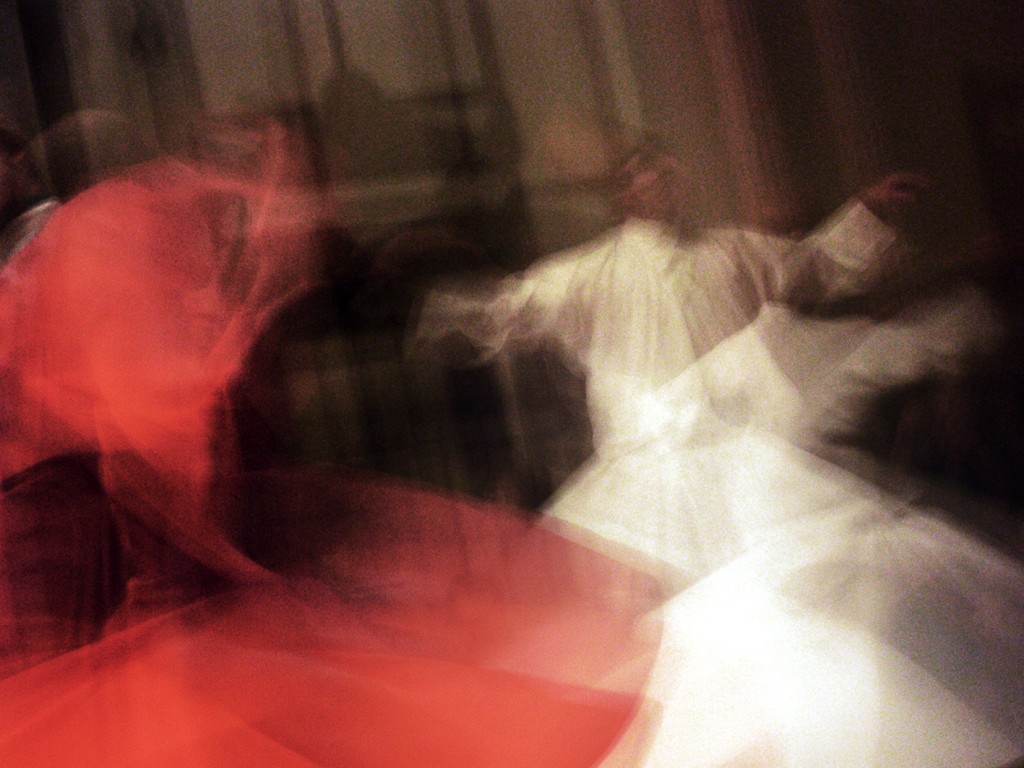
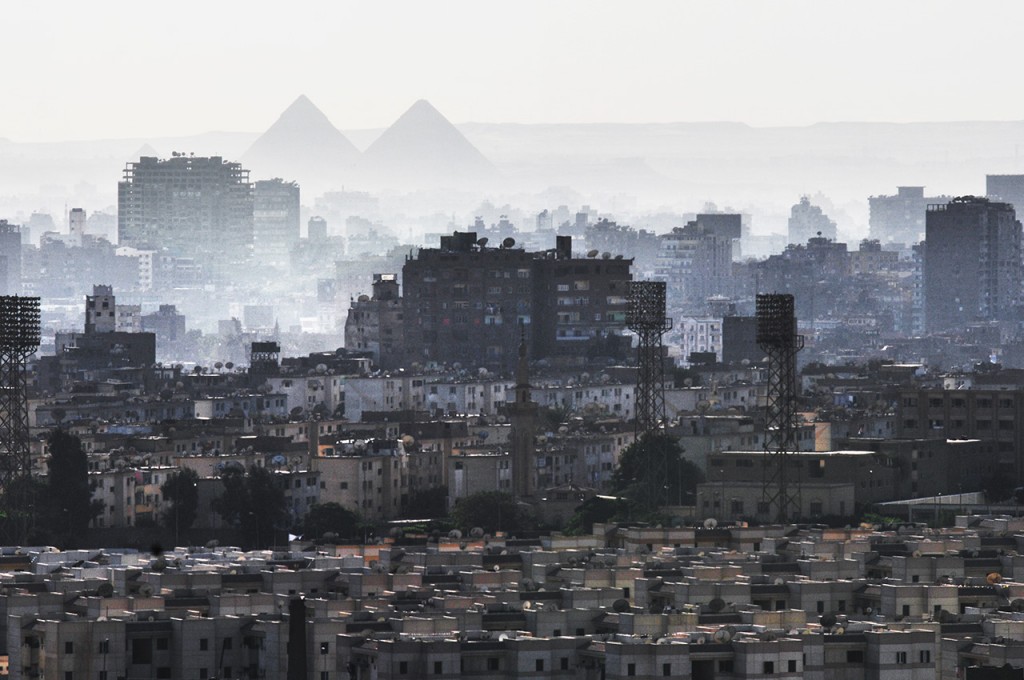
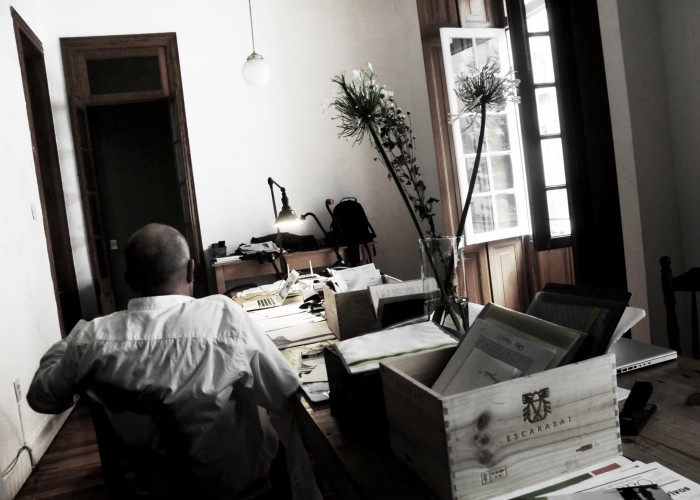
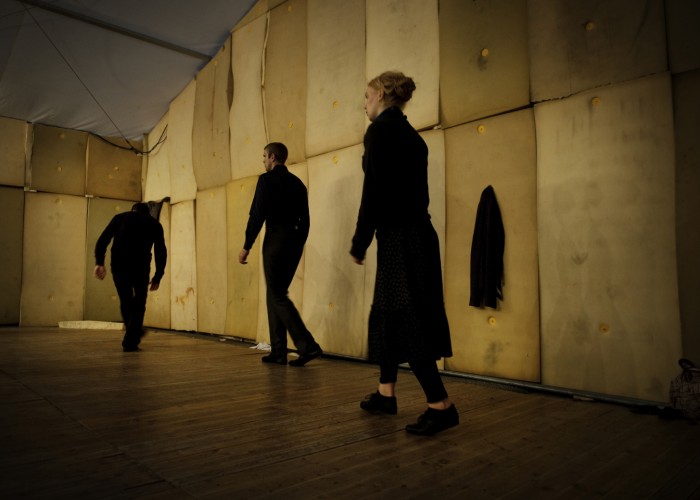
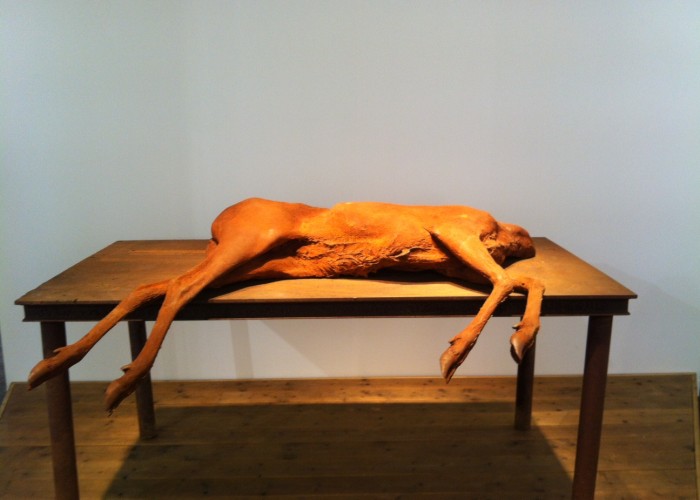




 sending...
sending...